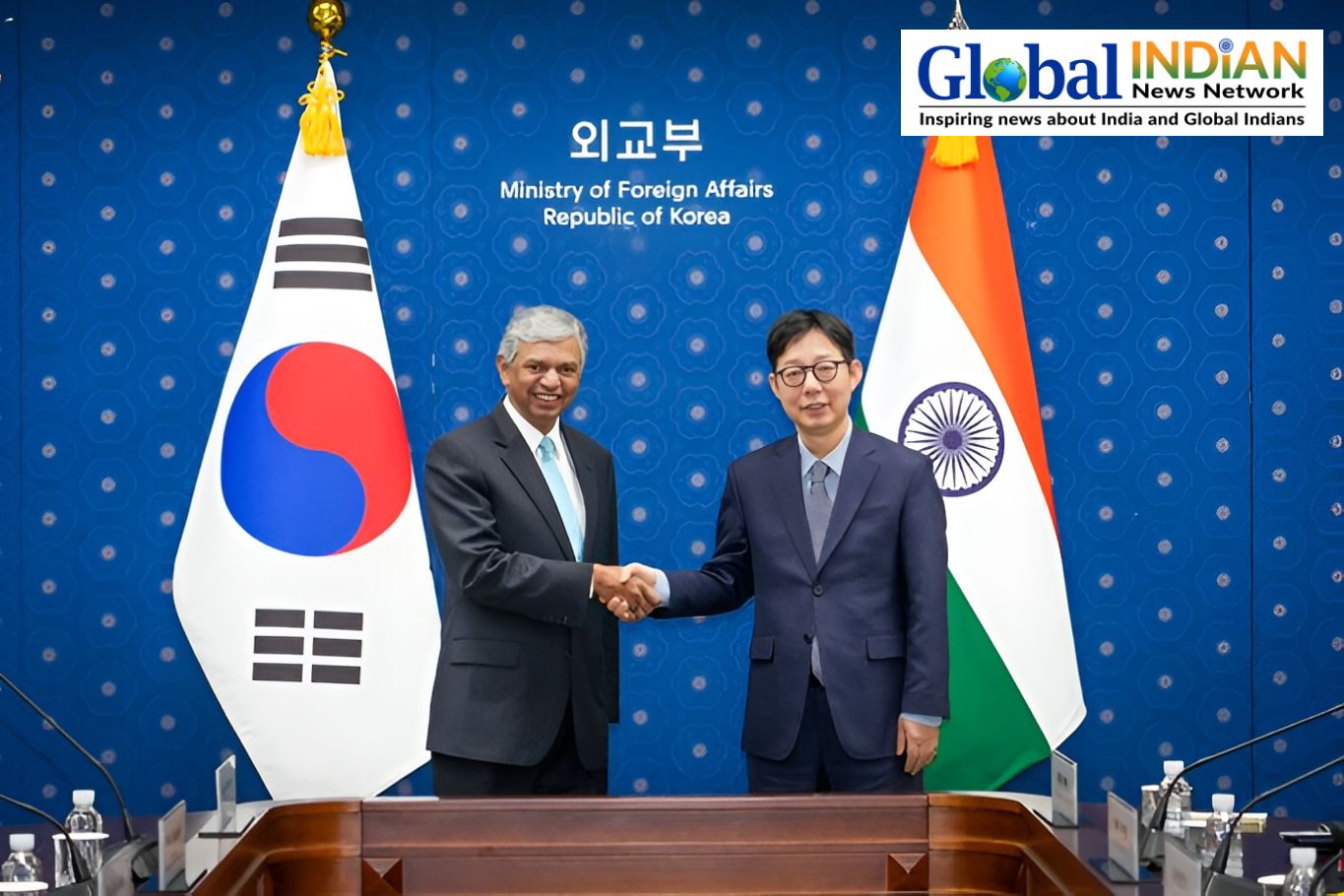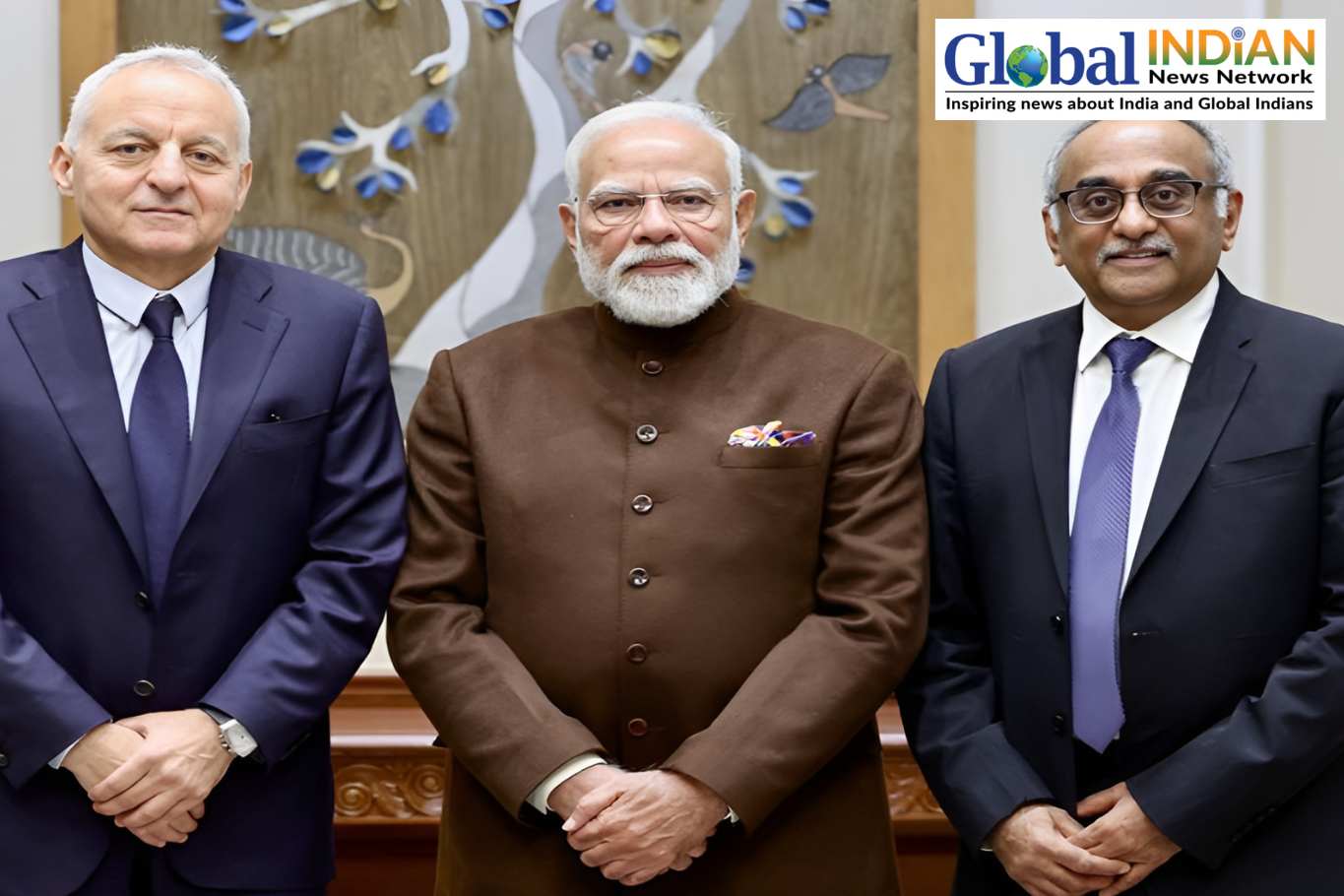
The year 2024 was pivotal for India, highlighting its global leadership in sectors such as pharmaceuticals, biotechnology, defense, nuclear energy, space exploration, and emerging technologies, including quantum computing, AI, and blockchain. Transformative reforms and innovations positioned India at the forefront of sustainable and inclusive growth.
India’s pharmaceutical sector saw a substantial rise in exports, growing from over $15 billion to $28 billion in the decade ending FY24, driven by initiatives such as the Production Linked Incentive (PLI) and Bulk Drug Parks. The biotechnology industry expanded impressively, with its value jumping from $10 billion in 2014 to $130 billion in 2024, with an ambitious target of $300 billion by 2030.
2024 also saw major medical breakthroughs, including India’s first indigenous antibiotic, Nafithromycin, which combats drug-resistant pneumonia, and NexCAR19, the country’s first home-grown CAR-T cell therapy for cancer. India’s pharmaceutical self-reliance was further strengthened by the resumption of Penicillin G production after three decades and its entry into the Biopharmaceutical Alliance with nations like the US, Japan, and the EU.
In defense, the country witnessed record growth, with Indigenous production reaching Rs 1.27 lakh crore in 2024, a result of reforms such as liberalized FDI and new positive indigenization lists. Key milestones included the successful flight test of the Agni-5 missile with MIRV technology, advancements in submarine-launched missiles, and the deployment of the Phase-2 Ballistic Missile Defence System.
India’s nuclear power capabilities doubled from 4,780 MW in 2014 to 8,180 MW in 2024, with plans to reach 22,480 MW by 2031-32. The Union Budget 2024-25 also featured new nuclear ambitions with Small Modular Reactors (SMRs) and Bharat Small Reactors.
The space sector reached remarkable heights, with India working towards a space economy worth $44 billion by 2033. Major accomplishments included the approval of the Venus Orbiter Mission and Chandrayaan-4, the launch of the first Gaganyaan astronaut batch, and innovations by private companies like Skyroot Aerospace and Agnikul Cosmos. India also marked the opening of its second spaceport and celebrated the success of Chandrayaan-3.
India’s infrastructure advancements were underscored by the completion of its first Hyperloop test track at IIT Madras and the launch of GNSS-enabled tolling systems. Additionally, emerging technologies continued to bolster India’s global leadership, with the National Quantum Mission pushing forward quantum communication and BharatGen, a multimodal AI project focusing on Indian languages. Blockchain innovation was demonstrated through Vishvasya, India’s national blockchain stack for secure digital platforms.









